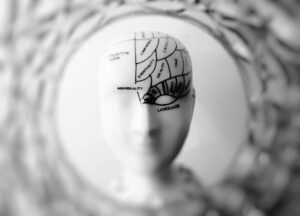Is it true that people “Forgive and Forget”?

Image by Meo, Pexels.com
A recent set of four studies examined the extent to which people actually forget the unjust situation once they have forgiven. The reference to that work is:
Fernández-Miranda, G., Stanley, M., Murray, S., Faul, L., & De Brigard, F. (2025). The emotional impact of forgiveness on autobiographical memories of past wrongdoings. Journal of Experimental Psychology: General. Advance online publication. https://doi.org/10.1037/xge0001787
The authors made the distinction between the possibility that the memory of the event fades (what they called “episodic fading”) and what they called “emotional fading” in which the strong and negative emotions are diminished upon forgiving.
The authors, in their abstract, concluded this:
“While the episodic fading account predicts that forgiveness is associated with less vivid and detailed memories of being wronged, the emotional fading account predicts that forgiveness need not be associated with diminished episodic characteristics. Across four studies (N = 1,479, after exclusions), we found consistent support for the emotional fading account but not for the episodic fading account.”
In other words, people do not literally forget what happened once they forgive. The memory can pass through the mind and heart without the heightened negative emotions welling up.
“Forgive and forget” may need to be rephrased as “forgiving and remembering in new ways.”



